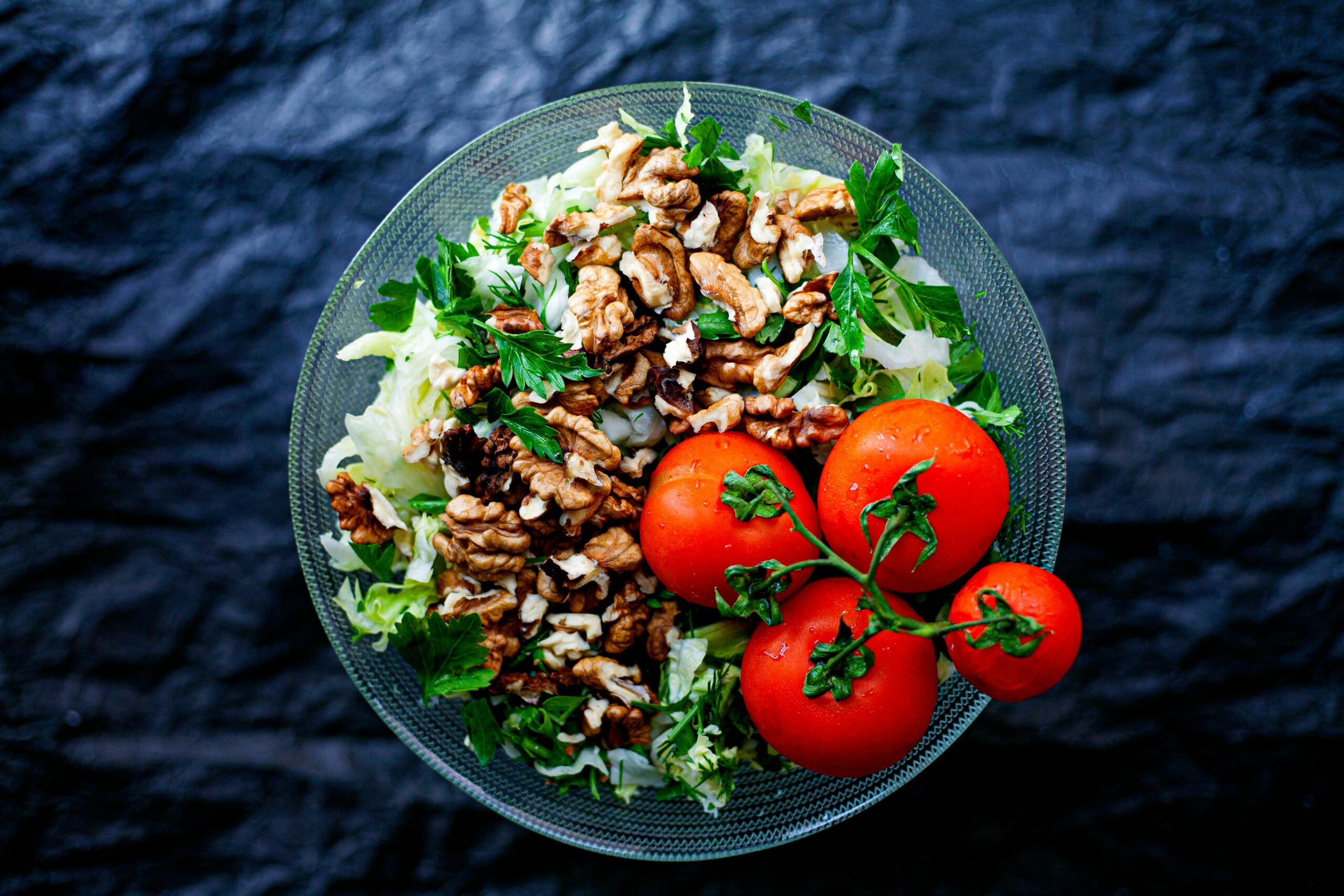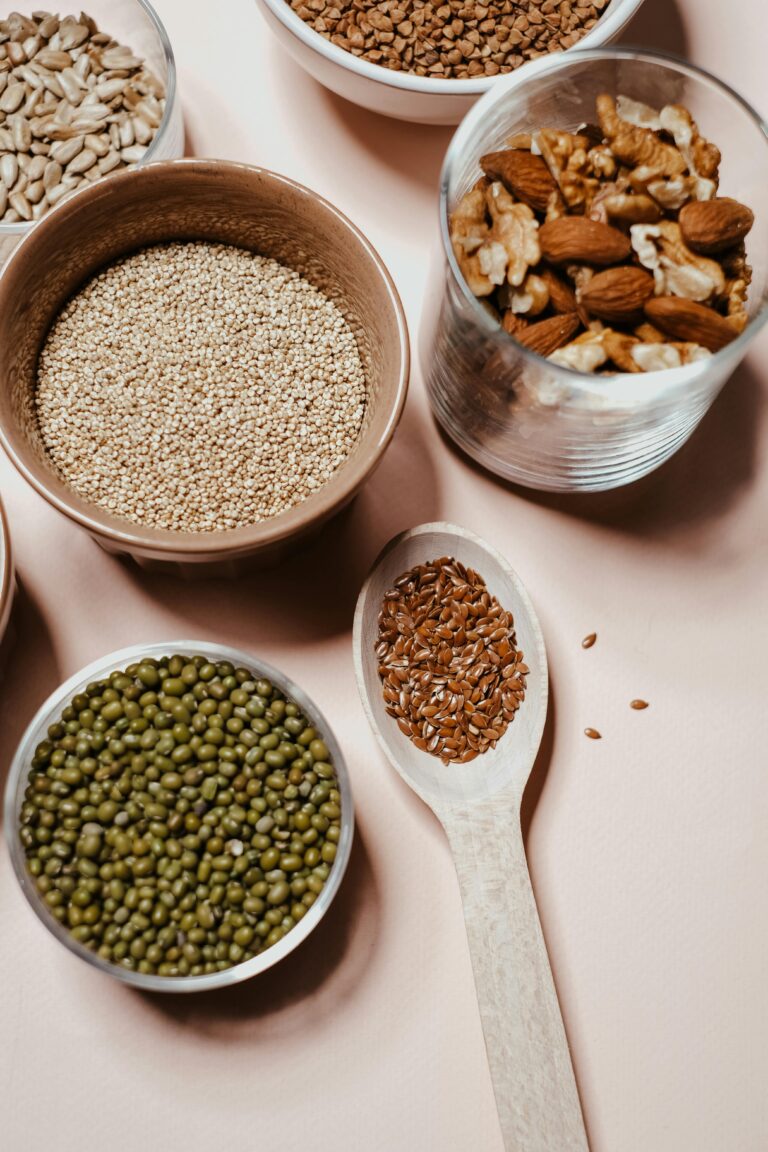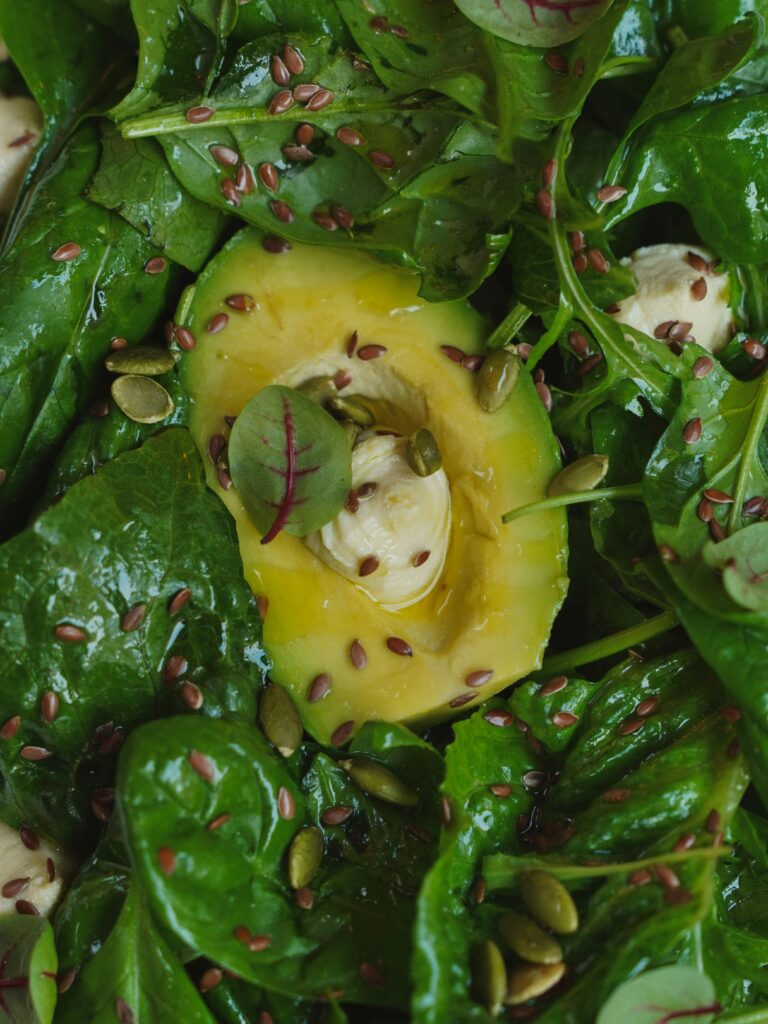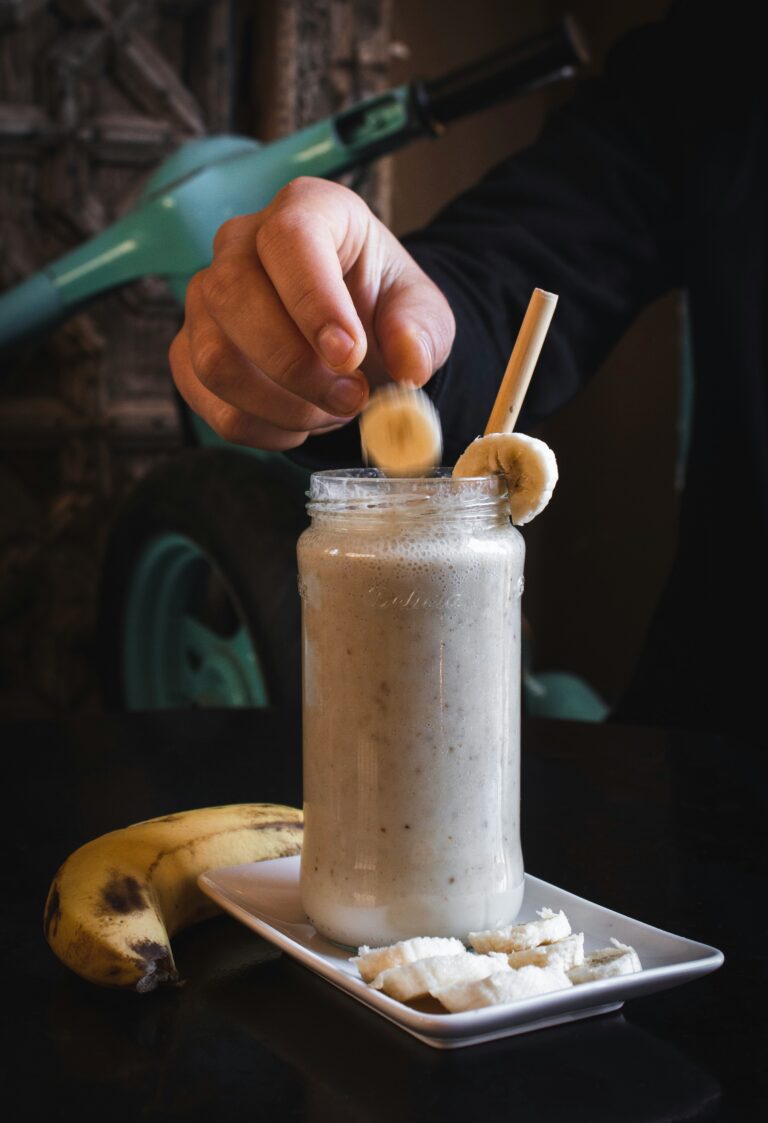Chronic inflammation is at the root of many diseases, including heart disease, diabetes, arthritis, and even cancer. While medication can help manage symptoms, your diet plays a powerful role in reducing inflammation. In this post, we’ll explore foods that reduce inflammation naturally and how to include them in your meals for long-term wellness.
In fact, adding more foods that reduce inflammation naturally to your diet is a simple yet powerful way to support your body’s healing process daily.
Many research-backed foods help control inflammation. According to Harvard Health, leafy greens, nuts, berries, and fatty fish are among the top foods that fight chronic inflammation.
1. Turmeric
Turmeric contains curcumin, a compound with potent anti-inflammatory properties.
Tip: Add turmeric to soups, smoothies, or golden milk.
2. Berries
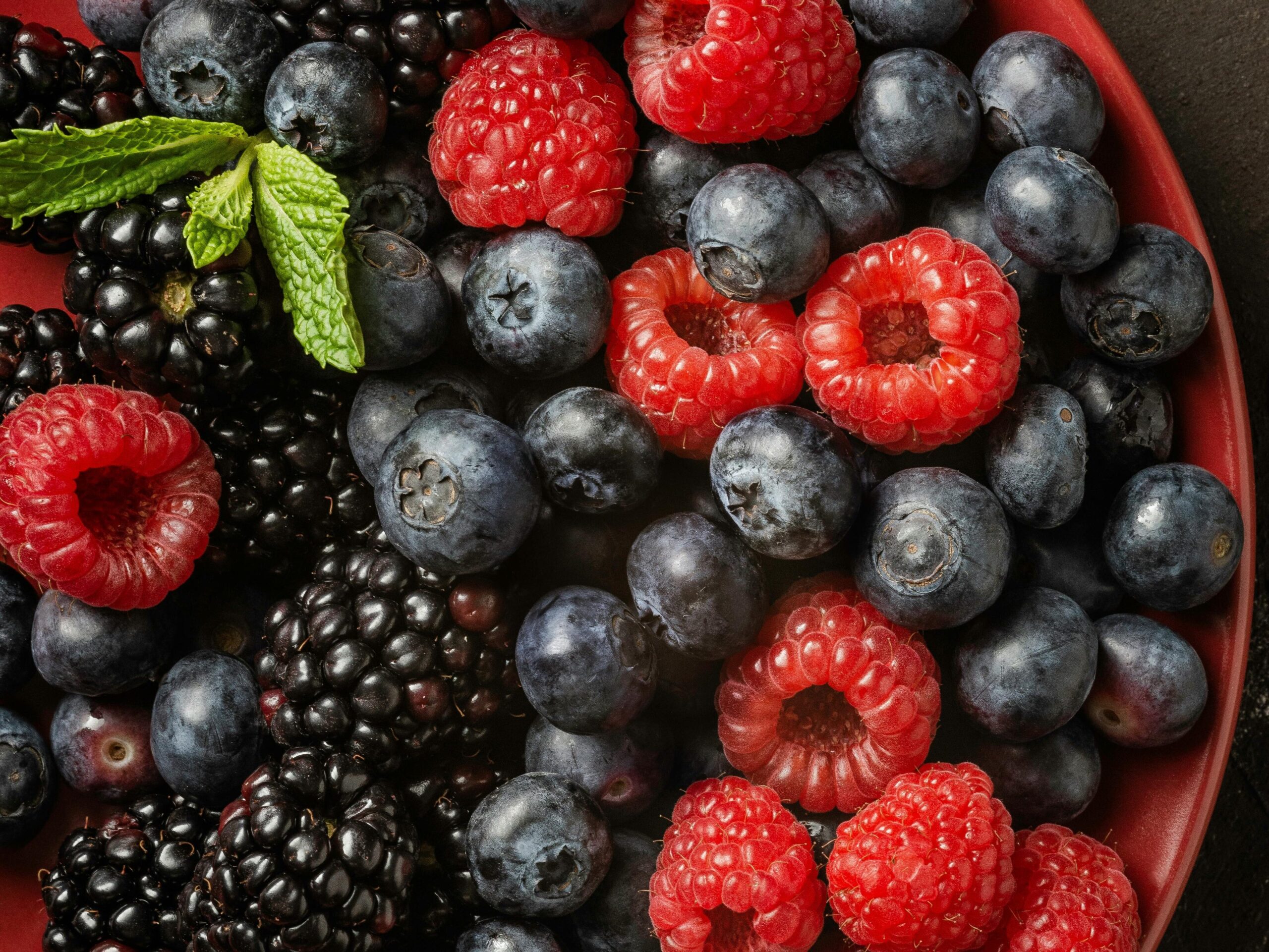
Blueberries, raspberries, and strawberries are packed with antioxidants and flavonoids that help lower inflammation.
Tip: Enjoy a handful with yogurt or in your morning smoothie.
3. Fatty Fish

Salmon, mackerel, and sardines are high in omega-3 fatty acids which reduce inflammation markers in the body.
Tip: Aim for 2 servings per week.
4. Leafy Greens
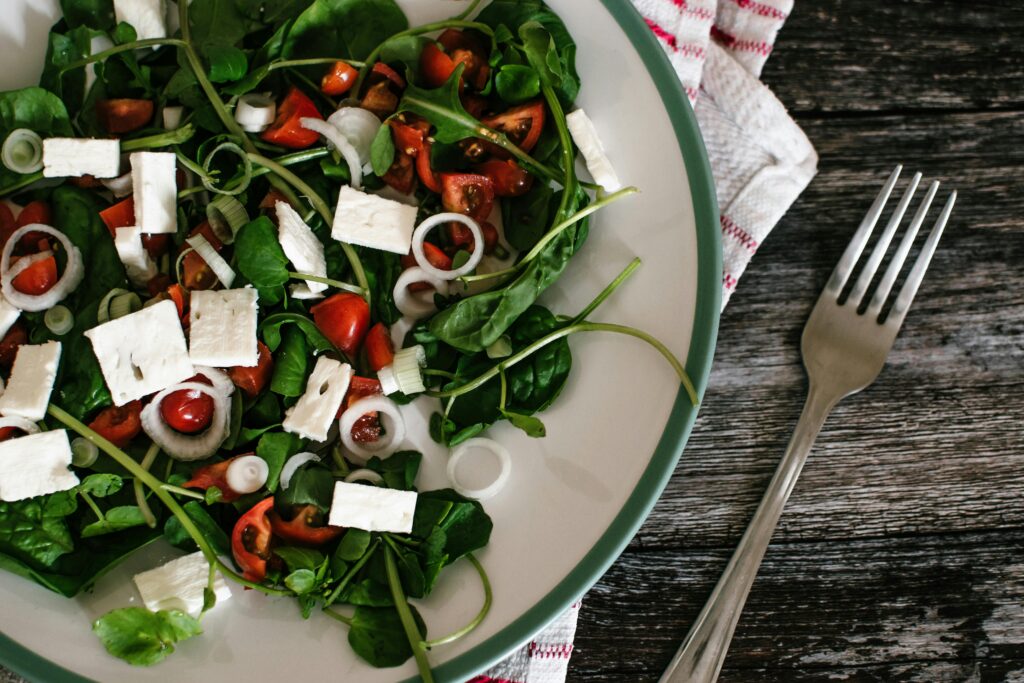
Spinach, kale, and Swiss chard are rich in polyphenols and vitamins that combat inflammation.
Tip: Use in salads or green smoothies.
These vegetables are some of the most effective foods that reduce inflammation naturally, making them a must-have in your anti-inflammatory meal plan.
5. Green Tea
Known for its antioxidant content, green tea contains epigallocatechin-3-gallate (EGCG), which reduces inflammation at the cellular level.
Tip: Drink 1–2 cups a day.
Some anti-inflammatory drinks, like green tea and turmeric milk, can also support weight loss. Explore more in our list of healthy drinks for weight loss.
6. Tomatoes
Tomatoes are high in lycopene, especially when cooked.
Tip: Add cooked tomatoes to pasta, soups, and sauces.
7. Extra Virgin Olive Oil
A staple in the Mediterranean diet, it contains oleocanthal which works like ibuprofen.
Tip: Drizzle over salads or cooked veggies.
8. Nuts and Seeds
Almonds, walnuts, chia seeds, and flaxseeds are rich in healthy fats and antioxidants.
Tip: Add to oatmeal, yogurt, or snacks.
9. Avocados
Packed with monounsaturated fats and fiber, avocados help lower inflammatory markers.
Tip: Use in toast, salads, or guacamole.
10. Garlic
Garlic has sulfur compounds that boost immune function and reduce inflammation.
Tip: Use fresh garlic in cooking instead of powders.
11. Ginger
Gingerol, the active component, has anti-inflammatory and antioxidant effects.
Tip: Use in teas, stir-fries, or marinades.
12. Broccoli
Broccoli contains sulforaphane which fights oxidative stress and inflammation.
Tip: Steam, roast, or include in soups.
Since chronic stress can contribute to inflammation, it’s important to manage it effectively. Check out these simple ways to reduce stress naturally.
13. Mushrooms
Particularly shiitake and maitake, they are rich in compounds that help calm inflammation.
Tip: Use in stir-fry or soups.
14. Beets
Beets are high in nitrates and betalains, compounds known to reduce inflammation.
Tip: Roast or juice them.
15. Dark Chocolate

Choose dark chocolate (70% or higher) for its flavonoids that reduce inflammation.
Tip: Eat a small square daily.
Final Thoughts on Incorporating Foods That Reduce Inflammation Naturally
Incorporating foods that reduce inflammation naturally into your daily routine can improve overall health, boost energy levels, and lower your risk of chronic diseases. A diet rich in whole, unprocessed, anti-inflammatory foods is one of the best long-term strategies for a healthier life.
Making a conscious effort to include foods that reduce inflammation naturally can significantly lower inflammation and enhance your overall wellbeing.
Start today by planning your meals around foods that reduce inflammation naturally, and notice the difference it makes in your energy, mood, and overall health. Building consistent daily habits—like eating anti-inflammatory foods in the morning—can improve long-term health. Start with these healthy morning habits.
